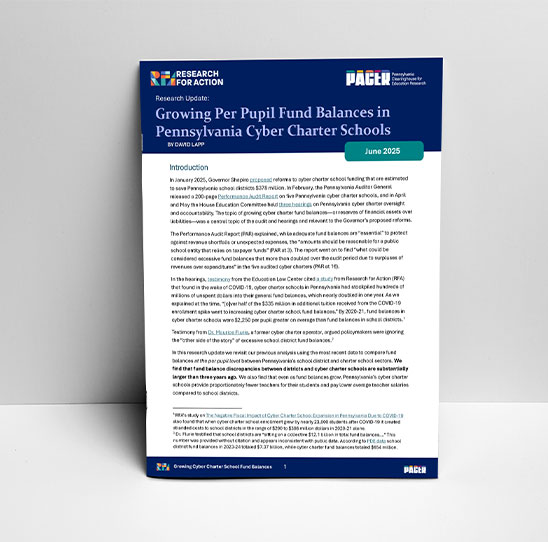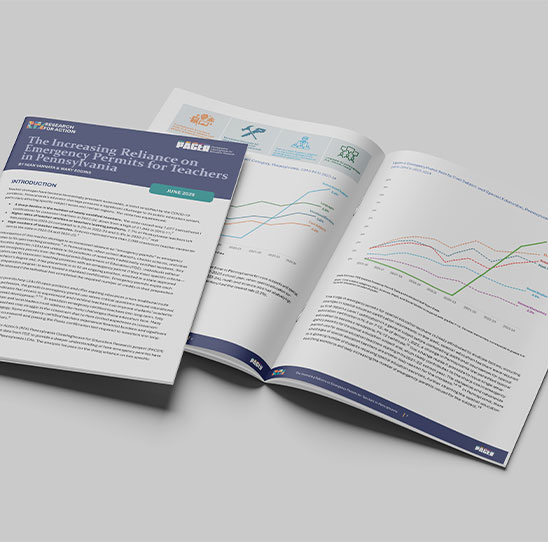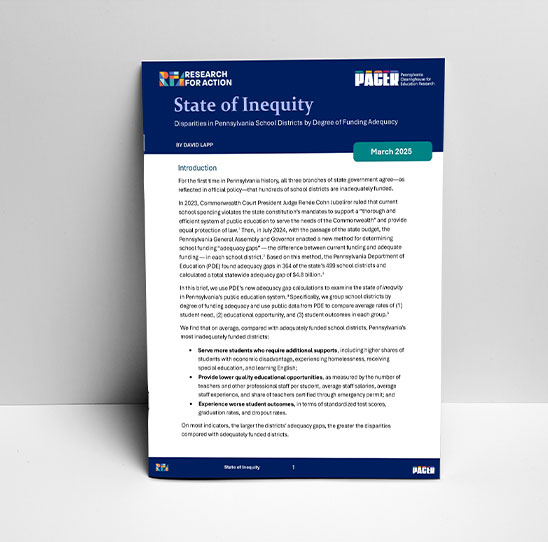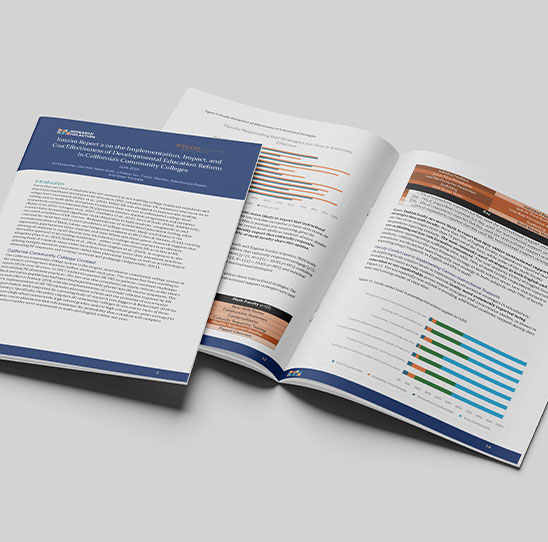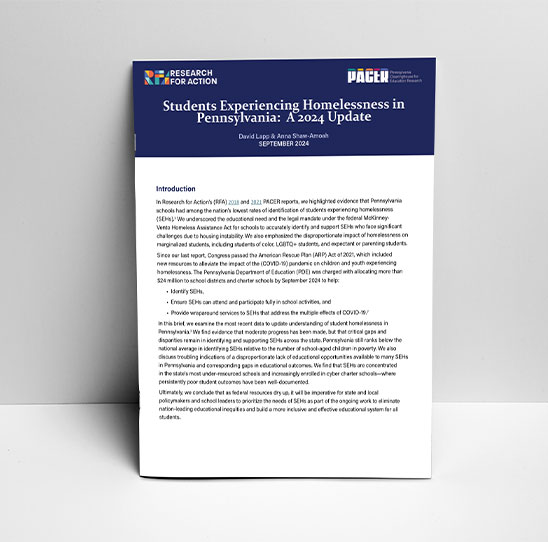From Policy to Practice: Tracing the Development and Implementation of Placement and Diagnostic Assessment across States, Systems, and Community Colleges — Phase I Report
Date: March 2014
Nationwide, postsecondary policymakers and administrators are responding to emerging research on whether placement exams are reliable gauges of students’ readiness for credit-bearing coursework. Specifically, the widespread use of placement tests may belie their effectiveness in accurately identifying skill deficits and guiding students to the appropriate course sequence. Nearly 40 percent of community college students enrolled in developmental education fail to progress to credit-bearing coursework, let alone earn a degree or credential. Implications are especially pronounced for students performing near the cut score, which exaggerates the distinction between students who are ready for college, and those in need of developmental supports. Given the barrier that developmental education can present in students’ progress to degree completion, Research for Action (RFA) examined assessment and placement reforms across five states—California, Florida, North Carolina, Texas, and Virginia—that together educate approximately 40 percent of the nation’s community college students.
